
Coronavirus: Kiir Warns Citizens Against Hate Speech And Xenophobic Attacks
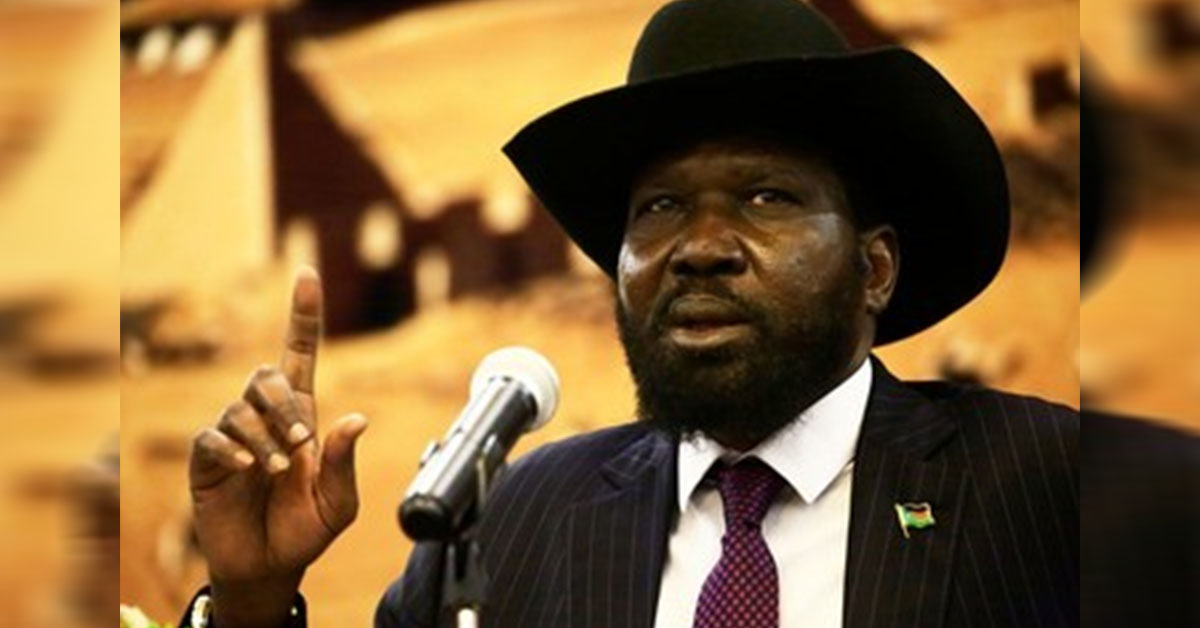
President Salva Kiir has warned South Sudanese against using hate speech or making racist and xenophobic remarks against UN staff and other foreigners in the country.
Since the government confirmed the country’s first Covid19 case last weekend, negative comments on social media about foreigners in South Sudan has been on the rise.
This act is making some foreigners in South Sudan to live in fear for their lives and has forced the UN to tough measures to protect their staff including enforcing a complete lockdown, according to the United Nations Mission In South Sudan [UNMISS].
Caroline Wanjui, a Kenyan businesswoman in Juba says she is frightened by several posts she has seen on social media blaming foreigners for the spread of the Covid-19 pandemic to South Sudan.
“We are feeling bad because when they start [posting xenophobic remarks] like that, it’s like we are not safe.”
“I am not worried about my business, I am worried about my life,” Wanjui added.
Another Kenyan Tyson Otieno, a Barber in Juba says he is surprised that covid19 is dividing the world instead of uniting it. He says the different foreign communities living in South Sudan are exposed to the same risks of contracting coronavirus as the nationals.
Otieno reiterated that as a community of foreigners living in South Sudan they are all in the same difficulty as the citizens.
“Covid-19 is here to stay with us and we should not have any negativity and divisibility between us. It should unite us.” He said, adding the virus “doesn’t mind whether you are white or black whether you are from whatever country it affects all the human race.”
In an exclusive interview Thursday with UNMISS chief David Shearer said he worries about the negative comments he’s seen on social media about foreigners in South Sudan.
“They are pretty harsh comments,” Shearer described the anti UN remarks targeting particularly international UN staff blaming them for bringing the virus into the country.
“In a situation like this anybody can get coronavirus. My real worry is to protect the people who have been contracting the virus they didn’t do anything wrong. It’s like catching a cold. They did not do anything deliberately on purpose.” Shearer told The Insider.
He says this is not the time for blame game and insists UNMISS would take measures to protect all staff.
While addressing the nation on state television Thursday to announce the country’s third coronavirus case, President Salva Kiir warned citizens against making racist comments on social media about foreigners.
“I must warn you that COVID19 can be brought into the country by anyone, including South Sudanese.” Kiir warned.
“I, therefore, call upon you to exercise restraint and avoid hate speeches and xenophobic utterances against our guests and those who have come to provide services to us from other countries and organisations.” Kiir advised.
Last week UN OCHA posted on its twitter account that: “The world will get through this crisis, but only if we act together, in solidarity. This virus [COVID-19] is a threat to all of humanity, regardless of nationality, ethnicity or faith. All of humanity needs to fight back.”
Earlier this week Doctor Makur Koryom, the undersecretary in South Sudan’s Health Ministry told reporters at a news conference that the country’s High-Level Taskforce on COVID19 would not tolerate anti UN comments or xenophobic attacks of any form on foreigners residing or working in the country.
“Targeting individuals of particular countries on the basis or assumptions that covid19 is their disease is unacceptable.” Dr. Koryom cautioned.
He said “and the government will not tolerate to [it and will] punish those who engage in such activities.”
The UN Mission in South Sudan said on April 4th that South Sudan’s first coronavirus case was a 29-year old female UN staffer who entered South Sudan on February 28th from the Netherlands through Addis Ababa.
Shearer says there is a high probability that the first covid19 patient contracted the virus inside South Sudan given the 5 weeks incubation period it took to present the signs and symptoms of coronavirus.
“The first person who contracted the virus almost certainly contracted it inside Juba because she has been here for a very long time.”
“We are trying to work out where she got it from, tracking and tracing through all the people she might have had contact with so that we can put them in isolation and contain any issues.” Shearer said.
He reveals that the UN has imposed strict measures to protect other patients from the threat and to prevent spreading the virus among staff.
“We have frozen all travel of staff into the country and anybody who came in a couple of weeks ago have gone into compulsory quarantine for 14 days.” The UNMISS chief said, adding that the UN has drastically reduced the numbers of people in their offices to enable them observe the social distancing rule.
He says, “People are working from home in their home accommodations, so we are limiting the contact between people. We have reduced the internal flights so that we don’t have people going to the states to minimize any risk of passing it on.”
Shearer says UNMISS also reduced internal flights to minimize the risking of passing on the virus in various states.
The 3rd confirmed patient was a 50-year-old woman who travelled from Juba to Torit where she had contacts with about 5 people. President Kiir says all the five contacts have been traced and shall be subjected to tests while in quarantine.
The ministry of health has listed up to 65 people who came into physical contact with the three Covid-19 patients and shall be quarantined and tested for the pandemic.
So far, the Rapid Response team has only managed to collect 50 samples from the 65 contacts, according to the country’s High Level Taskforce on Covid -19. The task force is yet to announce the results of the tests.
South Sudan has confirmed 4 Covid-19 cases in Juba and Torit. The government says it is tracing people who came into contact with the patients so they can continue to be tested for the virus.

















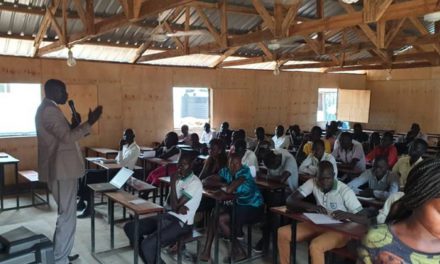
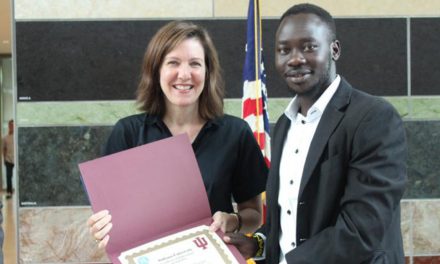
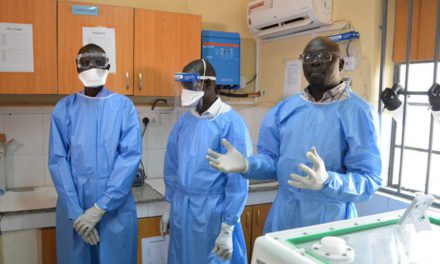
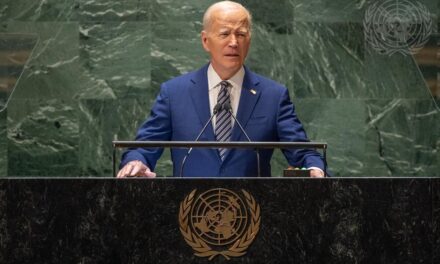
Recent Comments